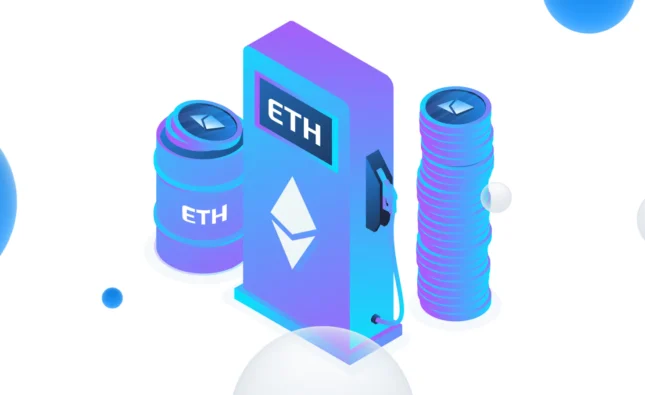
Share:
The gambling industry has witnessed remarkable advancements in technology over the past few decades. Among these innovations, blockchain technology stands out as one of the most transformative. By offering a decentralized, transparent, and secure system for transactions, blockchain is reshaping the landscape of online gambling. This article explores how blockchain technology is revolutionizing the gambling industry, reducing transaction costs, improving security, and enhancing overall player experiences.
Reduced Transaction Costs
One of the most significant impacts blockchain technology has had on the gambling industry is the reduction of transaction costs. Traditional online casinos often rely on third-party intermediaries, such as banks and payment processors, to handle deposits, withdrawals, and currency conversions. These intermediaries charge fees for their services, which can add up for players, especially when making international transactions.
Blockchain eliminates the need for such intermediaries. With blockchain-based transactions, players can deposit and withdraw funds directly between parties, without the need for banks or other financial institutions to process the transactions. As a result, the fees associated with online gambling are significantly reduced, making it more affordable for players to engage with gambling platforms.
This is especially beneficial for international players who often face high currency conversion fees and bank charges when playing at traditional online casinos. Blockchain allows for the seamless transfer of funds across borders without the complexities of currency conversion or bank fees, opening up the world of online gambling to a global audience.
Enhanced Security and Transparency
Security is a critical concern in the gambling industry, where large sums of money are exchanged regularly. Traditional online casinos are susceptible to security breaches, fraud, and data manipulation. Blockchain, however, offers a solution to these problems by providing a secure and transparent way to handle transactions.
Each blockchain transaction is encrypted and stored in a decentralized ledger, making it virtually impossible for hackers to alter or tamper with the data. This level of security builds trust among players, who can feel confident that their personal and financial information is protected.
Moreover, blockchain’s transparency features make it easier for players to verify the fairness of games. Since blockchain transactions are public and immutable, players can audit every transaction related to their wagers, ensuring that the gaming process is honest and free from manipulation. This has led to the development of “provably fair” gaming, where players can independently verify the integrity of game outcomes.
The Future of Blockchain in Gambling
As blockchain technology continues to gain traction in the gambling industry, we are likely to see more casinos adopting this innovative system. For operators, blockchain offers significant advantages, including the ability to streamline operations, reduce operational costs, and improve customer trust. By eliminating intermediaries, casinos can reduce transaction fees and improve the efficiency of payment processing.
Furthermore, blockchain opens up new possibilities for the creation of decentralized casinos. In a decentralized casino model, no central authority controls the platform. Instead, the casino’s operations are managed by a distributed network of users, ensuring complete transparency and accountability. This could lead to a shift in the power dynamics of the gambling industry, giving more control to players and fostering a more community-driven gaming experience.
The Role of Smart Contracts
Another exciting development in blockchain-based gambling is the use of “smart contracts.” Smart contracts are self-executing agreements where the terms are written into code and automatically enforced by the blockchain. These contracts allow for greater automation in online gambling, reducing the need for human intervention in areas such as payout processing and game management.
For example, in a smart contract-powered casino, once a player wins a game, the contract could automatically trigger the payout without the need for a casino employee to manually process the transaction. This not only speeds up the payment process but also ensures that players receive their winnings promptly and without dispute. In the future, we may see smart contracts used to govern various aspects of gambling, further enhancing efficiency and trust.
Conclusion
Blockchain technology is revolutionizing the online gambling industry by providing greater transparency, security, and efficiency. As more platforms integrate blockchain for deposits, withdrawals, and transaction processing, players are beginning to experience the numerous benefits that this technology brings. From faster transactions to provably fair gaming, blockchain is transforming the way we think about online gambling. As the technology continues to evolve, we can expect even more innovations that will further improve the player experience, foster trust in the industry, and pave the way for a new era of decentralized gambling platforms.












